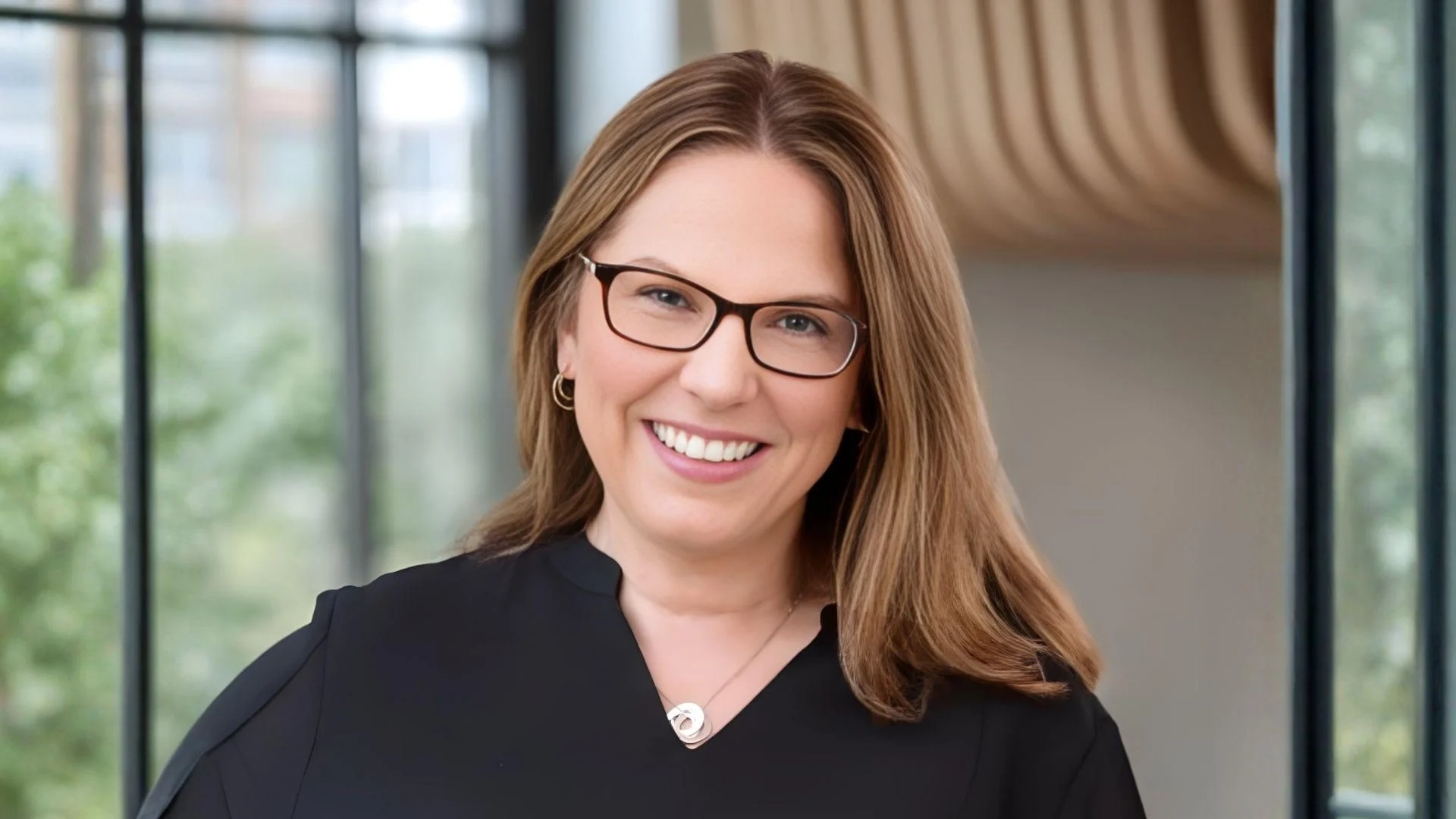
Terry Wilcox, Co-Founder and CEO of Patients Rising, expressed concerns regarding the 340B Drug Pricing Program. She said that "340B savings are being captured by wealthy systems via spread pricing instead of reaching the uninsured," which she believes leads to increased costs and harmful consolidation. Wilcox made this statement on X, a social media platform.
"340B was meant to shield the uninsured and safety-net providers — but the “spread” flips it upside down," said Wilcox. "wealthy systems in high-commercial-payer areas pocket massive profits while truly needy hospitals (and their patients) get crumbs. Result? Higher premiums and copays for everyone, more consolidation that closes community clinics and rural hospitals and less real charity care where it's needed most. Patients aren't seeing the discounts — everyone is just paying more downstream. Time for reform that forces savings to flow directly to those without insurance or means."
The 340B program was established in 1992 to support safety-net providers by allowing eligible hospitals and clinics to purchase outpatient drugs at significant discounts. However, according to policy researchers, misaligned incentives and the "spread" between discounted acquisition costs and billed amounts mean that entities with a strong commercial mix can retain margins while uninsured patients see little relief. Researchers have called for clearer guardrails, transparency, and patient-directed pass-throughs to ensure savings align with need.
Emerging analyses suggest that higher penetration of the 340B program is linked to increased employer premiums. A study presented at the International Society for Pharmacoeconomics and Outcomes Research (ISPOR) found that states with high 340B hospital site density averaged approximately 4.5% higher employer-based premiums than states with low-density sites after adjusting for market factors. This pattern indicates that program expansion may increase downstream costs for commercially insured individuals when discounts are not passed on to patients at the point of sale.
Charity care trends also raise questions about whether profits from the 340B program translate into community benefits. A review conducted by the Pioneer Institute in 2024 examined 53 financially strong hospitals and reported that 29 were participants in the 340B program. Of these, 18 spent below the national average of 2.28% of operating expenses on charity care in 2022, suggesting that many high-margin systems provide relatively modest free care despite substantial revenue from the program.
Wilcox's organization, Patients Rising, is a nonprofit advocating for individuals with serious and chronic illnesses. She leads initiatives focused on access, affordability, and transparency, hosts patient-centered forums, and collaborates with policy stakeholders to identify real-world barriers to care. Her mission emphasizes ensuring drug-discount savings reach uninsured and under-resourced patients.